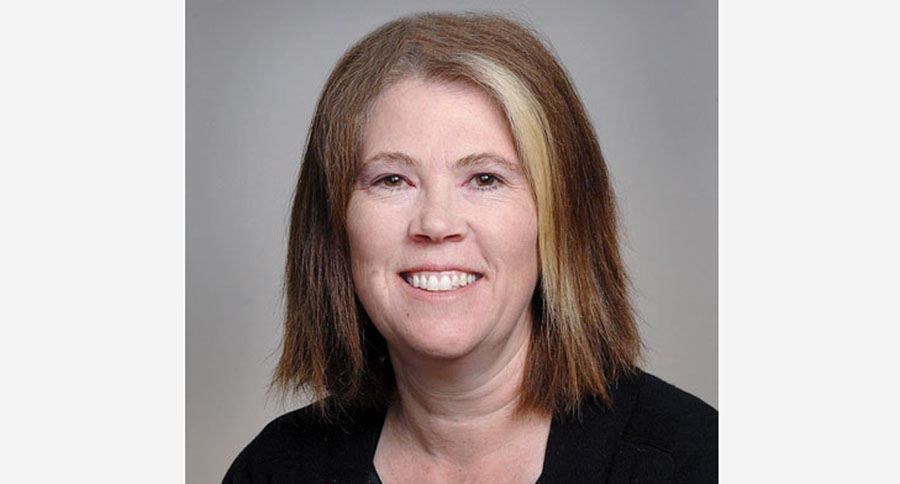The death of U.S. Supreme Court Justice Antonin Scalia last Saturday brought out the usual array of social media postings that ranged from the most vitriolic to the most admiring words of goodbye to the long sitting conservative judge.
None of the words could compare however to the tribute written by Ruth Bader Ginsburg who, despite critical ideological difference with Scalia, considered him a dear friend. She wrote: "Toward the end of the opera Scalia/Ginsburg, tenor Scalia and soprano Ginsburg sing a duet: 'We are different, we are one,' different in our interpretation of written texts, one in our reverence for the Constitution and the institution we serve.
"From our years together at the D.C. Circuit, we were best buddies. We disagreed now and then, but when I wrote for the Court and received a Scalia dissent, the opinion ultimately released was notably better than my initial circulation.
"Justice Scalia nailed all the weak spots - the 'applesauce' and 'argle bargle' - and gave me just what I needed to strengthen the majority opinion. He was a jurist of captivating brilliance and wit, with a rare talent to make even the most sober judge laugh.
"The press referred to his 'energetic fervor,' 'astringent intellect,' 'peppery prose,' 'acumen,' and 'affability,' all apt descriptions. He was eminently quotable, his pungent opinions so clearly stated that his words never slipped from the reader's grasp.
"Justice Scalia once described as the peak of his days on the bench an evening at the Opera Ball when he joined two Washington National Opera tenors at the piano for a medley of songs.
"He called it the famous Three Tenors performance.
"He was, indeed, a magnificent performer. It was my great good fortune to have known him as working colleague and treasured friend."
Ginsburg's words give us a framework for understanding key aspects of civil discourse.
First, her words reflect the way that a critical thinker approaches the most difficult question of our humanity: how should we live together?
Conservatives and liberals read the same philosophy, but they are persuaded by different interpretations of the same ideas and they advocate for different approaches to moral and political outcomes.
The task of jurists is to apply the rule of law to public policy and jurists must write opinions confined by those rules, but girded by moral conviction.
The bar (pun intended) is set high for their arguments. Scalia and Ginsburg demonstrated the most important rule of scholarly debate: that disagreement is good and that arguments are made stronger by purposeful and thoughtful critique.
Second, Ginsburg's words show us that people who hold vehemently different opinions on public policy, on values and on goals can rise above the disagreements and share a deep and lasting friendship.
Justice Scalia's passing certainly leaves a big gap on the Supreme Court.
His death comes at an interesting time in American politics. Many American conservatives have called for U.S. President Barack Obama to allow the next sitting president to make the appointment in the hope that the next president will be a Republican.
Obviously conservatives are worried that Obama will appoint a liberal judge, although any appointee needs to be confirmed by the Senate.
The request for Obama to wait has met with a rapid response: president Obama has said that he will nominate a Supreme Court justice. As always in American politics, Obama referenced the Constitution and the rules on such appointments.
Here is what the U.S. Constitution says:
"[The president] shall have Power, by and with the Advice and Consent of the Senate, to make Treaties, provided two thirds of the Senators present concur; and he shall nominate, and by and with the Advice and Consent of the Senate, shall appoint Ambassadors, other public Ministers and Consuls, Judges of the Supreme Court, and all other Officers of the United States, whose Appointments are not herein otherwise provided for, and which shall be established by Law..."
There is no provision here that says that he should concede his constitutional obligation because of an impending election.
In fact, it seems odd to ask someone to wait to make a decision when they still have 11 months in office.
The president is not finished his term until Jan. 20, 2017.
In light of Ginsberg's words, that Justice Scalia held the Constitution in reverence, I wonder what he would have said about waiting to fill his seat.



